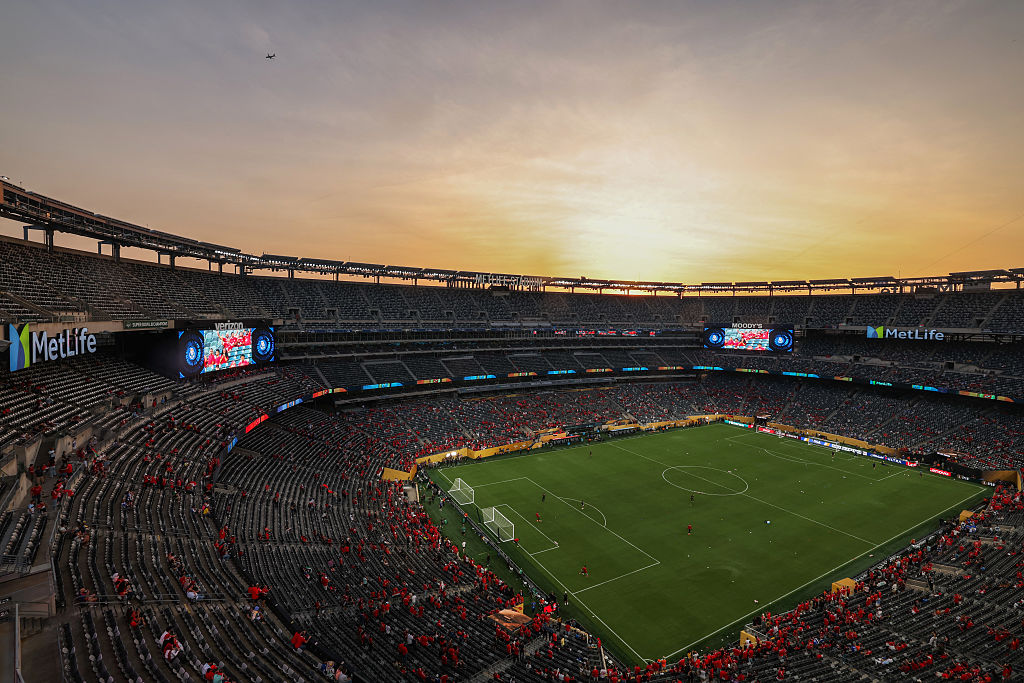
Mpumi Mazibuko, FIFA Rights Protection manager, said that 450 actions had been taken or were pending in South Africa alone. Almost all concluded cases were settled out of court.
FIFA's defence of its brand is so stringent that officials said street traders near stadiums who sell drinks that are not manufactured by World Cup sponsors would have to decant them into unbranded bottles.
The policies have been controversial here with accusations FIFA has been heavy-handed in bringing legal action and that local businesses will suffer because of the exclusivity awarded to the World Cup's major corporate partners.
At a news conference called to defend the policy, FIFA Marketing Director Thierry Weil said corporate partnerships were essential to raise the almost $1.5 billion cost of the World Cup, and the sponsors paid big money for exclusive rights.
"Without the commercial affiliates, FIFA would not be in a position to run the event," he said.
Sibongile Mazibuko, World Cup director in the Johannesburg City council, rejected repeated criticism that the informal traders who traditionally sell food outside stadiums would not benefit from the tournament.
But she said they would have to sell unbranded food, going to the extent of decanting drinks into "neutral" plastic bottles provided by the city. Similar programmes would be in place in other World Cup cities, she said.
The best features, fun and footballing quizzes, straight to your inbox every week.
Mazibuko said the city had gone to great lengths to educate traders on the rights protection laws and to ensure that food sellers, known as "mamas" would make money from the World Cup.
"MAMAS" PROTECTED
They would not be allowed inside the stadium precinct, where only corporate partners or pre-existing shops could operate, but would have special facilities on the route into the arenas.
"We feel very strongly that those mamas who have actually been selling at the stadiums should not be unnecessarily affected by the exclusive zone," she said.
"While we understand the protection of the rights of FIFA, we have a responsibility not to sacrifice our own informal traders out of business because there is a tournament here," she said.
Local food and curio sellers would also be able to operate inside the fan parks where large screens will be set up to show games away from the stadiums. But again, food must be unbranded.
Local authorities and FIFA took an audit over the last three years of existing businesses around the stadiums and they will be able to continue operating. But any new advertising by non rights holders will have to be covered up during the World Cup, officials said.
FIFA makes most of its money - which has to last until the next World Cup in four years time - through selling television rights and deals with commercial sponsors. More than 60 percent of FIFA's 2007-2010 revenue of $3.2 billion comes from TV rights and around 30 percent from commercial marketing.
Ticket revenue goes to the South African organising committee.
Mpumi Mazibuko said South Africa had part
 Join The Club
Join The Club





